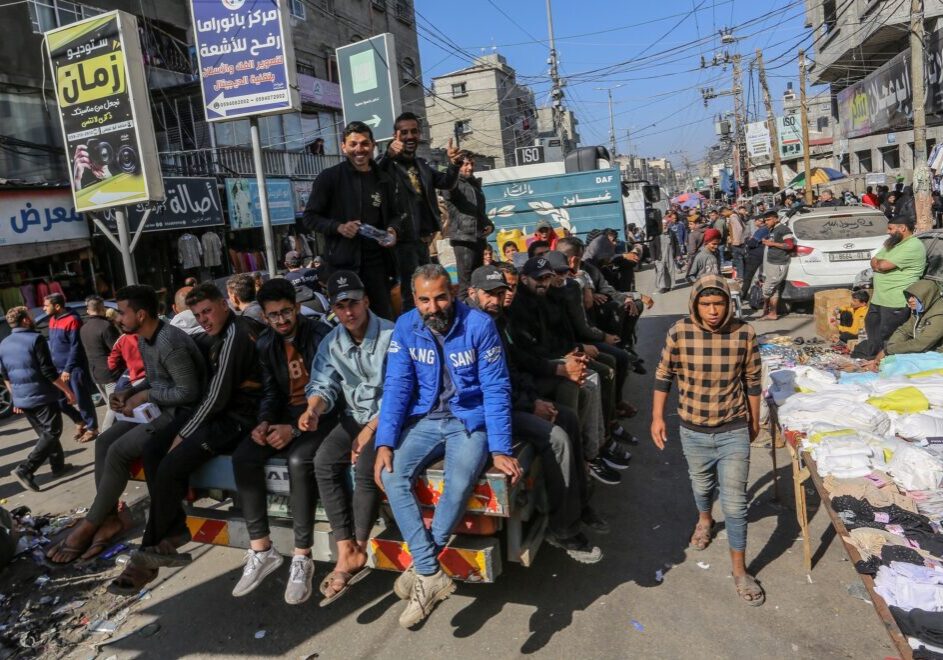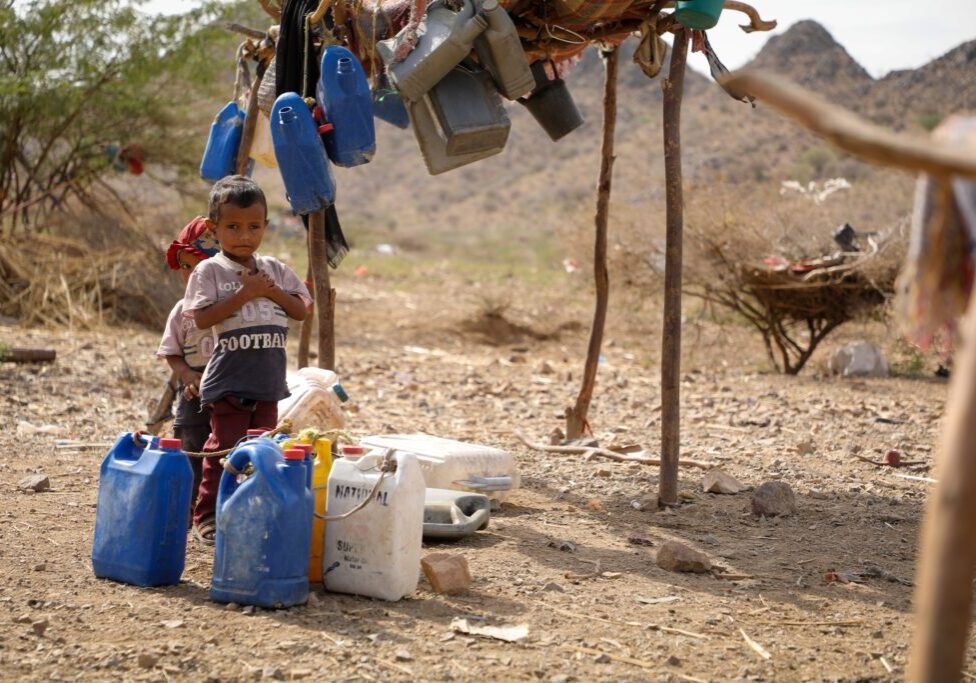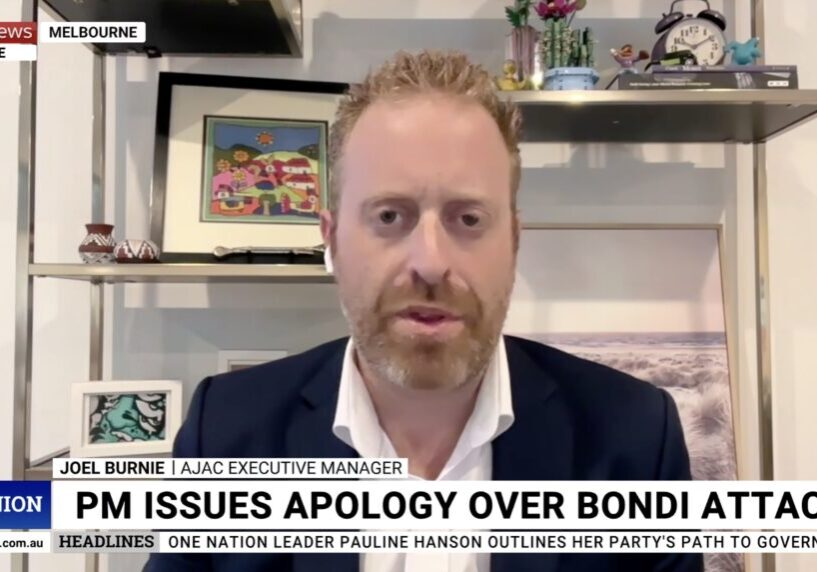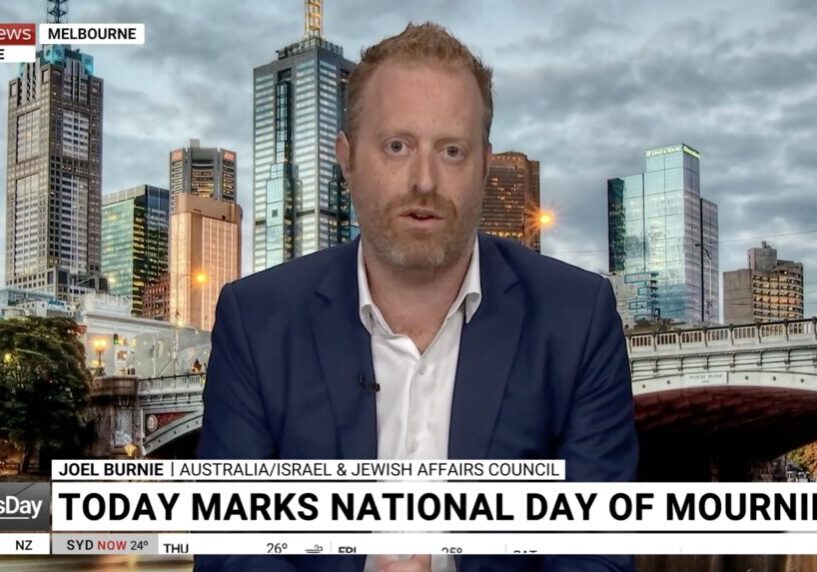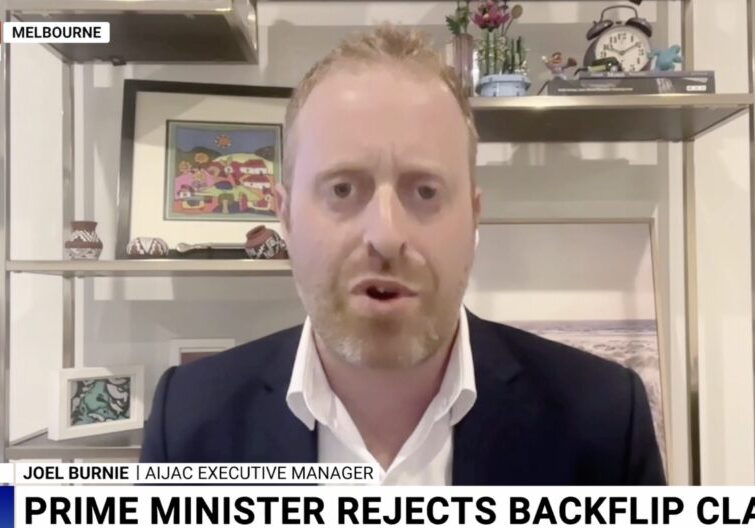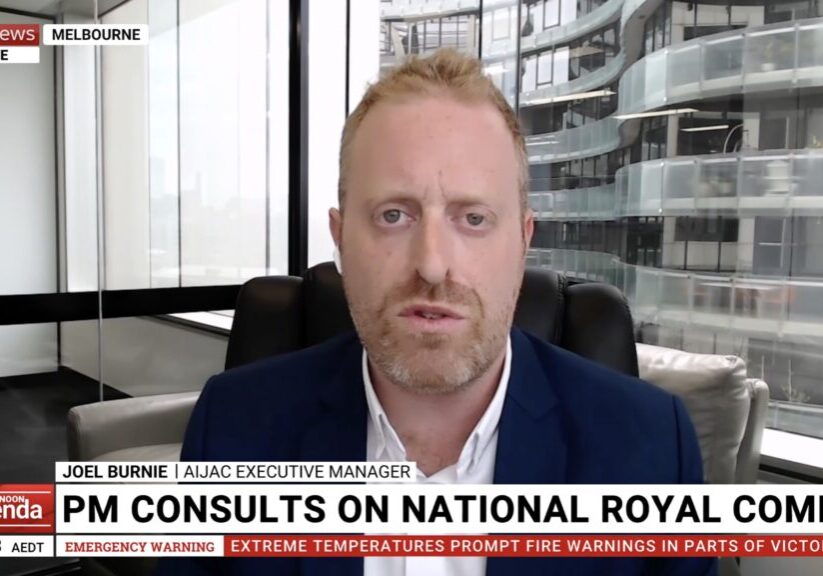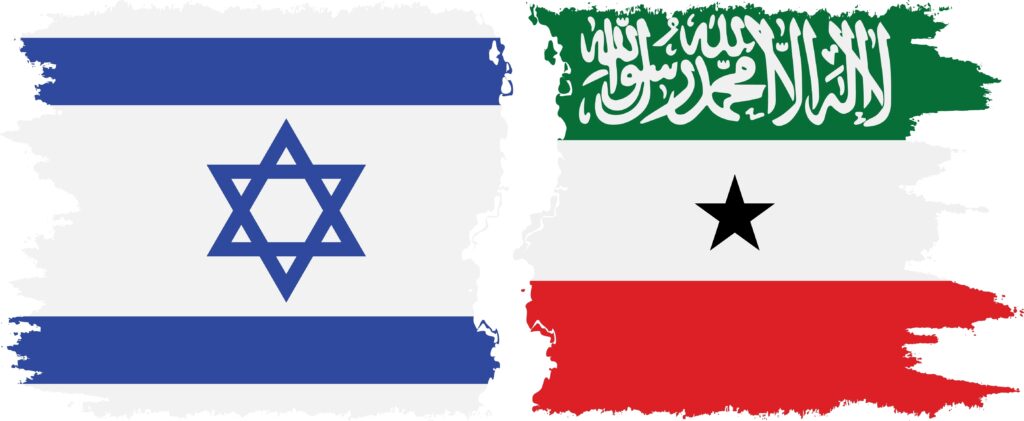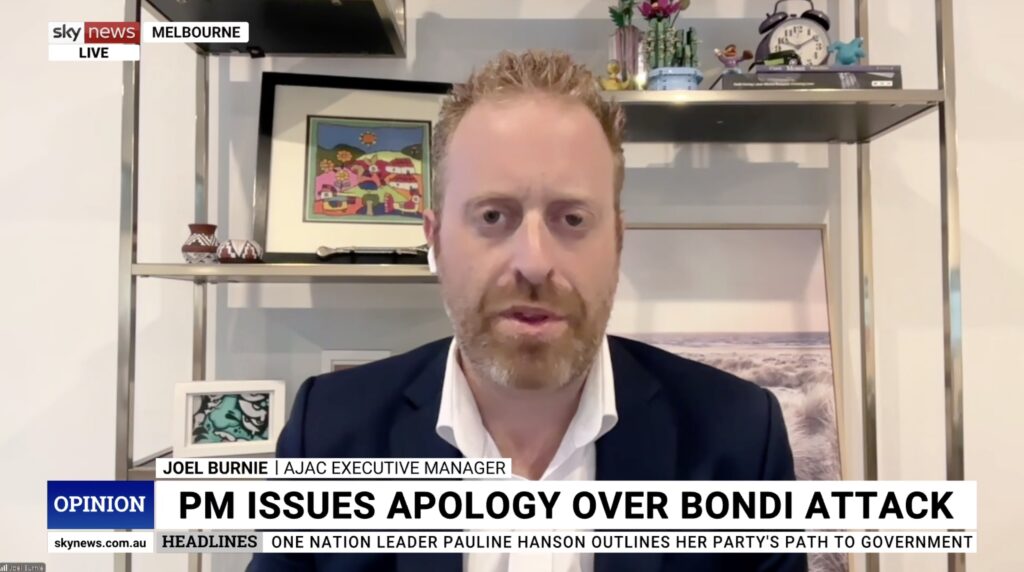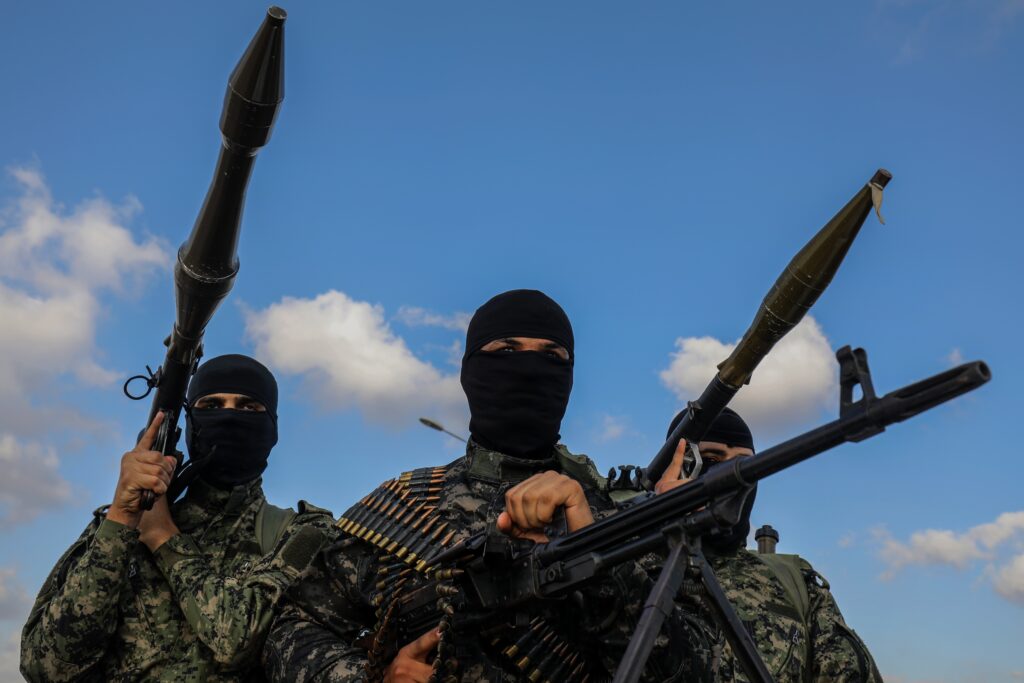FRESH AIR
Three decades of terror, racism and genocide come to an end in Sudan. But what comes next?
April 18, 2019 | Oved Lobel
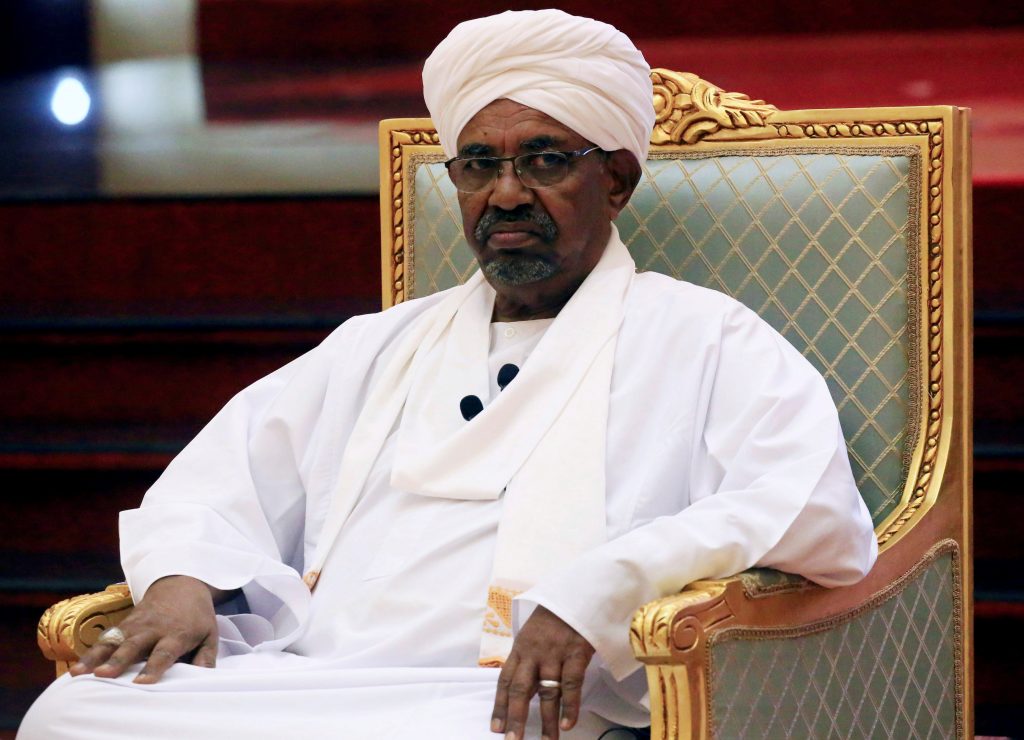
On April 11, Omar al-Bashir’s three decade reign of terror, racism and genocide in Sudan came to an abrupt end. Massive protests across the country against Bashir’s regime ultimately convinced the military to remove him and assume power as part of a Transitional Military Council (TMC), which is meant to last for up to two years before democratic elections can take place. Given the general dysfunction and chaos in fractious Sudan, including within the Military Council itself, what will actually happen is impossible to predict. There is not even completely reliable information on where Bashir himself is, much less what he is doing, although sources say he is being held in the high-security Kobar prison.
Sudan has undergone an interesting transformation since the rise of the Islamist Bashir regime in 1989. In the early 1990s, it functioned as the primary hub for transnational terrorism, sheltering a diverse array of terrorists. From Osama bin-Laden and Carlos the Jackal to the Abu Nidal Organization, Hamas, Palestinian Islamic Jihad (PIJ) and Hezbollah, Bashir’s regime proudly housed and facilitated all of the world’s terrorists and encouraged them to network and interface.
It was in Sudan, after all, that Iran’s Islamic Revolutionary Guard Corps (IRGC) and its Lebanese branch Hezbollah, which maintained a substantial presence in the country, intersected with Ayman al-Zawahiri and Osama bin-Laden and began training Al-Qaeda to conduct spectacular suicide attacks in the style of Hezbollah’s Imad Mughniyeh, who oversaw the initiative. This landed Sudan on the US State Sponsors of Terrorism list in 1993, where it remains to this day.
However, since that time, every State Department report has praised Sudan’s counterterrorism cooperation with the US. Although Al-Qaeda and Islamic State elements never stopped operating there, the US, at least publicly, says this is done without the regime’s blessing.
The notable exception is Hamas, which until 2014 was openly embraced by Bashir. As Palestinian writer and former Gaza resident Muhammad Shehada noted in Haaretz recently:
Sudan’s late ideological leader, Hassan Al-Turabi, played mentor to several prominent Hamas founders; the country has kept its doors wide open for Hamas militants to operate small training posts, including training bomb-making “engineers” and granted numerous scholarships to selected Hamas members to join Sudanese colleges to study medicine and law and even trained Hamas operatives in the police academies in Khartoum. With such a friendly regime, other senior Hamas officials effortlessly obtained graduate and post-graduate degrees from Sudanese universities – without even stepping a foot there.
Al-Bashir’s most significant contribution was opening and facilitating a weapon supply route for Hamas from Iran – and more recently, from post-Gadhafi’s Libya. The weapons – mostly rifles, ammunition, anti-tank missiles and Syrian-made M-302 unguided artillery missiles – were first grouped and stored in Sudan, then carefully smuggled to Egypt, from where they reached Hamas through the smuggling tunnels in the Sinai peninsula.
In return, Hamas has been an eager adherent of al-Bashir, such as when he decided to apply Sharia law in Sudan in 1991. Hamas has occasionally played an intermediary role between Khartoum and Tehran whenever things got overheated between the two regimes.
The Sudan pipeline for Iranian weapons shipments to Gaza led to an Israeli strike on a shipment in Khartoum in 2012 and the 2014 interception in the Red Sea of the KLOS-C, an Iranian ship bound for Sudan, and carrying long-range missiles due to be shipped to Gaza via Port Sudan.
However, by 2014, Sudan’s isolation and catastrophic economic situation forced it to turn to Iran’s enemies and the United States. It joined the Saudi-led coalition in Yemen, providing a considerable portion of the ground troops fighting the IRGC-backed Houthis, and in early 2016, Bashir formally severed ties with Iran. To further sweeten the deal, the Obama administration temporarily lifted some of the sanctions on Sudan in 2017, after which the Trump Administration made the Obama move permanent, forcing the Sudanese away from Iran and, allegedly, North Korea.
Sudan has long been a source of intentional and inadvertent regional instability, as pro-regime militias like the Janjaweed – now called the Rapid Support Forces (RSF) – viciously fought insurgencies in Darfur and elsewhere while the regime provided a safe haven and logistical support for cross-border rebel groups destabilising surrounding countries like Chad, the Central African Republic, and South Sudan. The RSF are the bulk of the 14,000-strong Sudanese contingent in Yemen, and despite meaningless reassurances from the TMC, their future presence is in doubt, especially as they are solely fighting for Saudi and Emirati money and may be needed at home. They also patrol the border with Libya, where the rebels they fought in Darfur – the Sudanese Liberation Army and the Justice and Equality Movement – are now reportedly fighting as part of Field-marshal Khalifa Haftar’s “Libyan National Army” in a push to take over the country.
Russian “mercenaries” from the Wagner group also have a presence on the ground in Sudan and the Central African Republic, and possibly in Libya in support of Haftar, and it’s unclear how or if Bashir’s fall will impact such deployments. It may also impact Israel, which has reportedly been attempting to normalise ties with Sudan since 2016, as it successfully did with neighbouring Chad earlier this year.
The Russians flew Bashir to meet with Syria’s Bashar al-Assad, the first Arab leader to do so. Bashir also remained friendly with Turkey and Qatar despite the tensions between them and Saudi Arabia and the UAE, and his regime was heavily supported by Egypt despite bilateral tensions over stability and territory. He also claimed he was advised to normalise ties with Israel to alleviate the economic conditions in Sudan. Clearly, Bashir was a very pragmatic hedger, and it’s difficult to predict how dynamics in Sudan will change these relationships.
Finally, the question remains whether Bashir will finally face justice for his tactics in Darfur in front of the International Criminal Court (ICC), which issued an arrest warrant in 2009 for war crimes, crimes against humanity, and genocide. It is vital that justice be done, if not in front of the ICC then, as Nina Shea argues in National Review, in front of a Sudanese court. Should Bashir manage to escape justice and remain alive, he could very well return to Sudan and wreak havoc as Yemen’s dictator Ali Abdullah Saleh did after he was toppled.
The overthrow of Bashir in Sudan, and Algeria’s Bouteflika shortly before him, is being framed as part of the 2011 Arab Spring uprisings throughout the Middle East and North Africa. We can only hope they end better this time than they did in 2011.





